PHM is the national museum of democracy, telling the story of its development in Britain: past, present, and future.
On this blog we share posts from the PHM team and other experts, with behind the scenes stories, coverage of PHM's exhibitions and events, and highlights from the museum's unique collection.
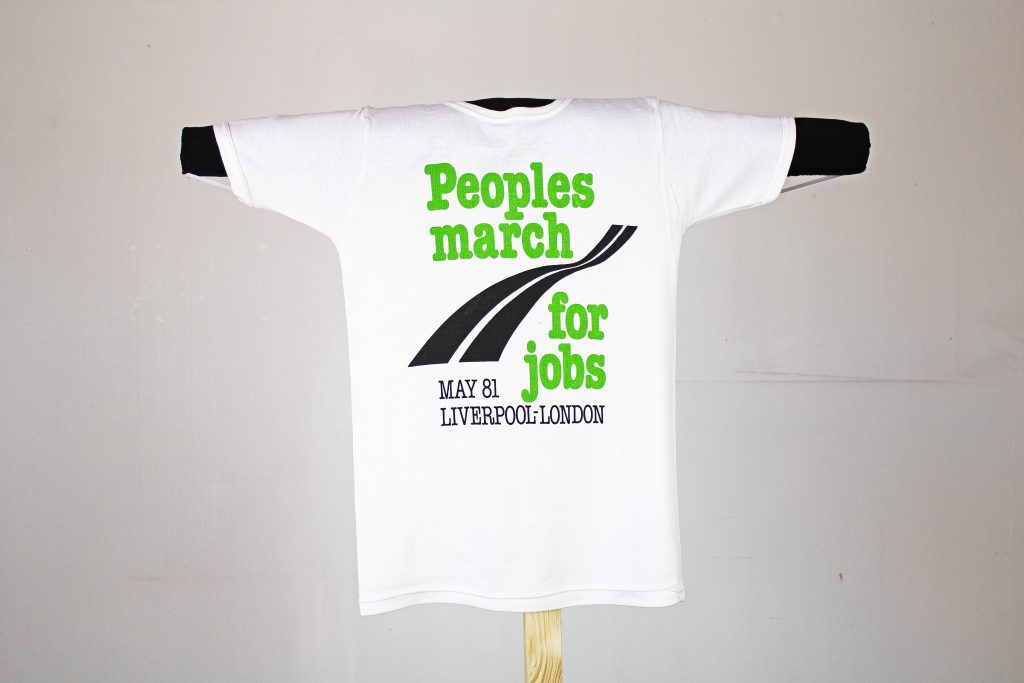
In this long read Q&A, historian Dr Greig Campbell shares historic photographs and oral testimonies of those involved with the march to explore its origins, impact, and legacy in the fight for workers’ rights.
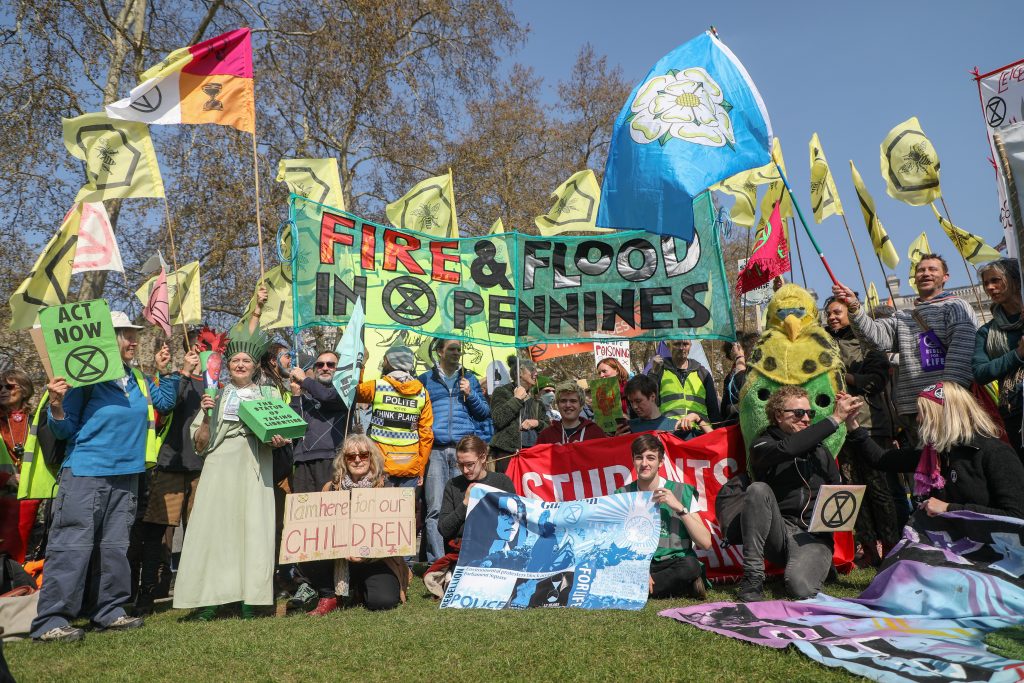
People’s History Museum (PHM) in conversation with members of Calderdale Extinction Rebellion (XR) about how to make a ‘netty’ protest banner, and the climate protests these have been taken on.
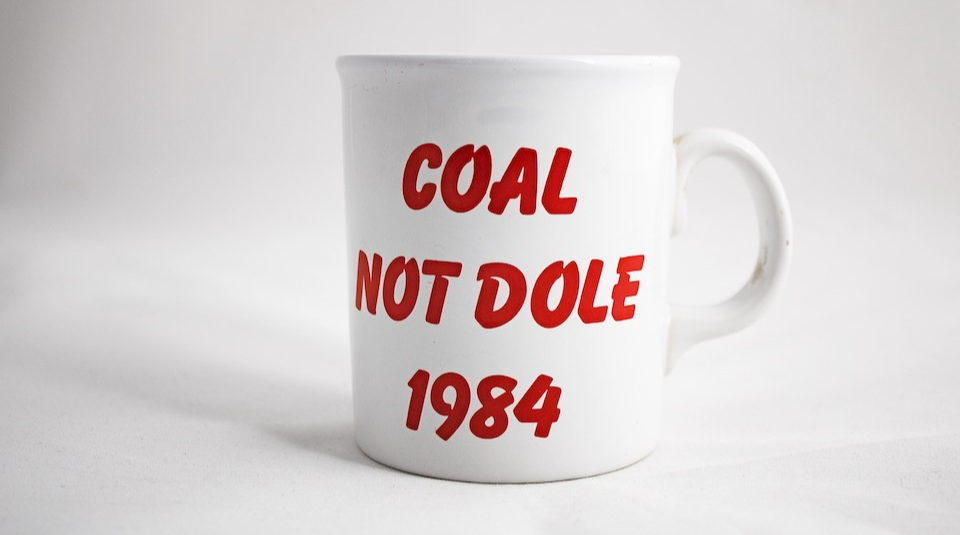
In this third of a series of three blogs exploring miners’ strikes, Dr Bob Dinn, Visitor Experience Supervisor at PHM, writes about the events of the 1984 to 1985 Miners’ Strike. Led by the National Union of Minerworkers’ (NUM) Arthur Scargill, the strike polarised the country. Key events include the Battle of Orgreave and the Cortonwood Colliery walkout.
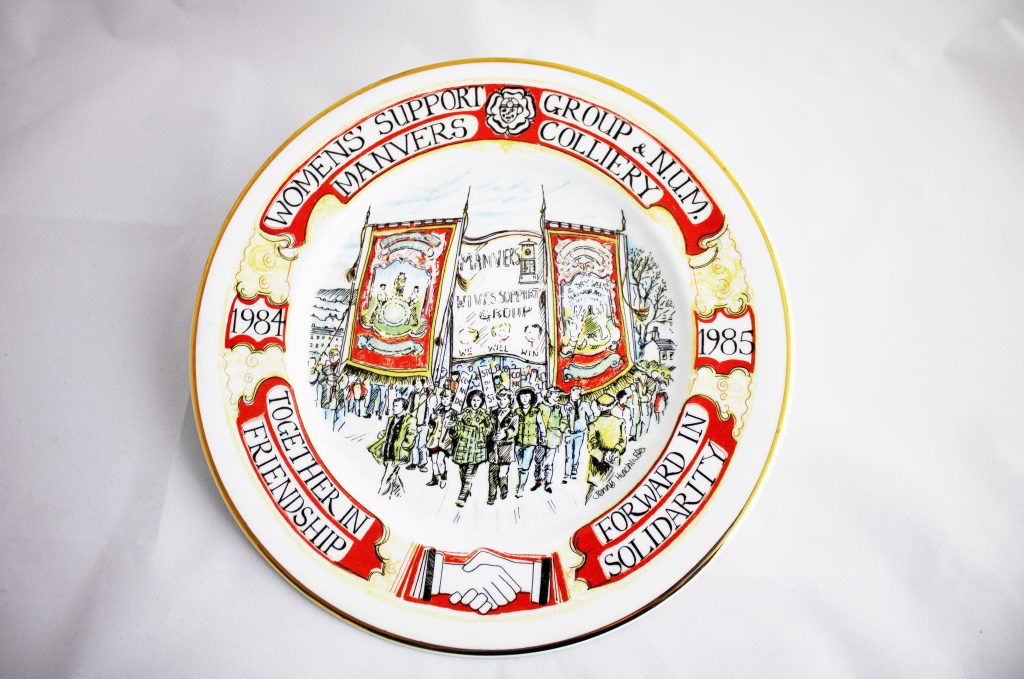
In this second of a series of three blogs exploring miners’ strikes, Amy Todd, a PhD student working for People’s History Museum (PHM), explores the women’s movement against pit closures during the 1984 to 1985 Miners’ Strike.
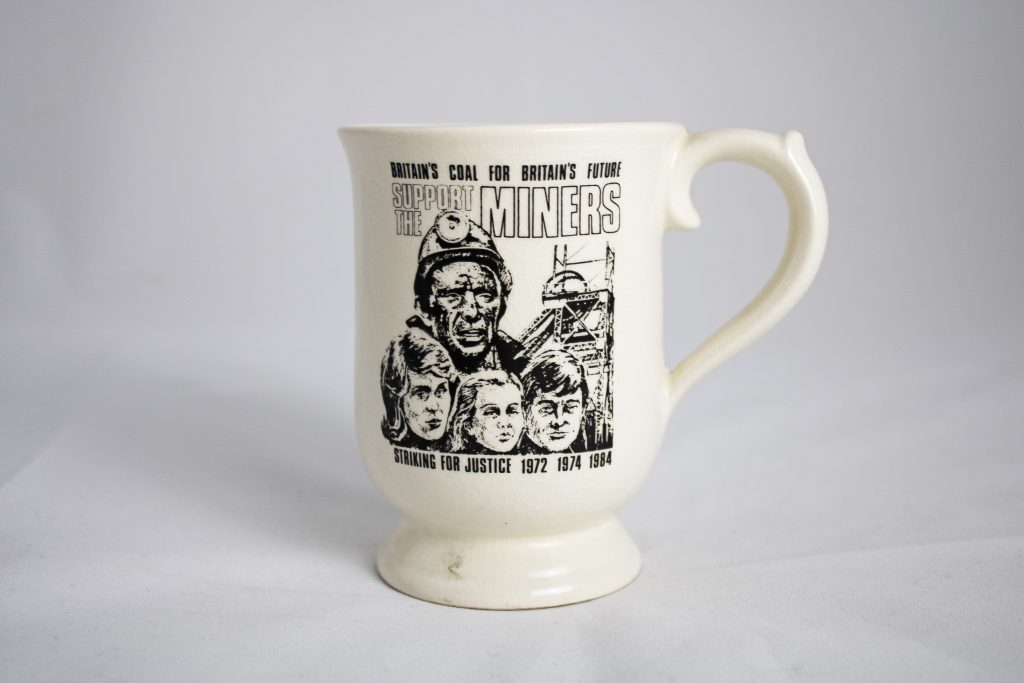
Dr Shirin Hirsch takes us back to the 1974 Miners’ Strike, and explains what took place and the legacy that this would create for the years that followed. Part of a series of three blogs, we’ll also hear about the events of the 1984 to 1985 Miners’ Strike with Dr Bob Dinn, Visitor Experience Supervisor for PHM and also from Amy Todd, a PhD student working for PHM, who will be writing about the women’s movement against pit closures during this year long strike.